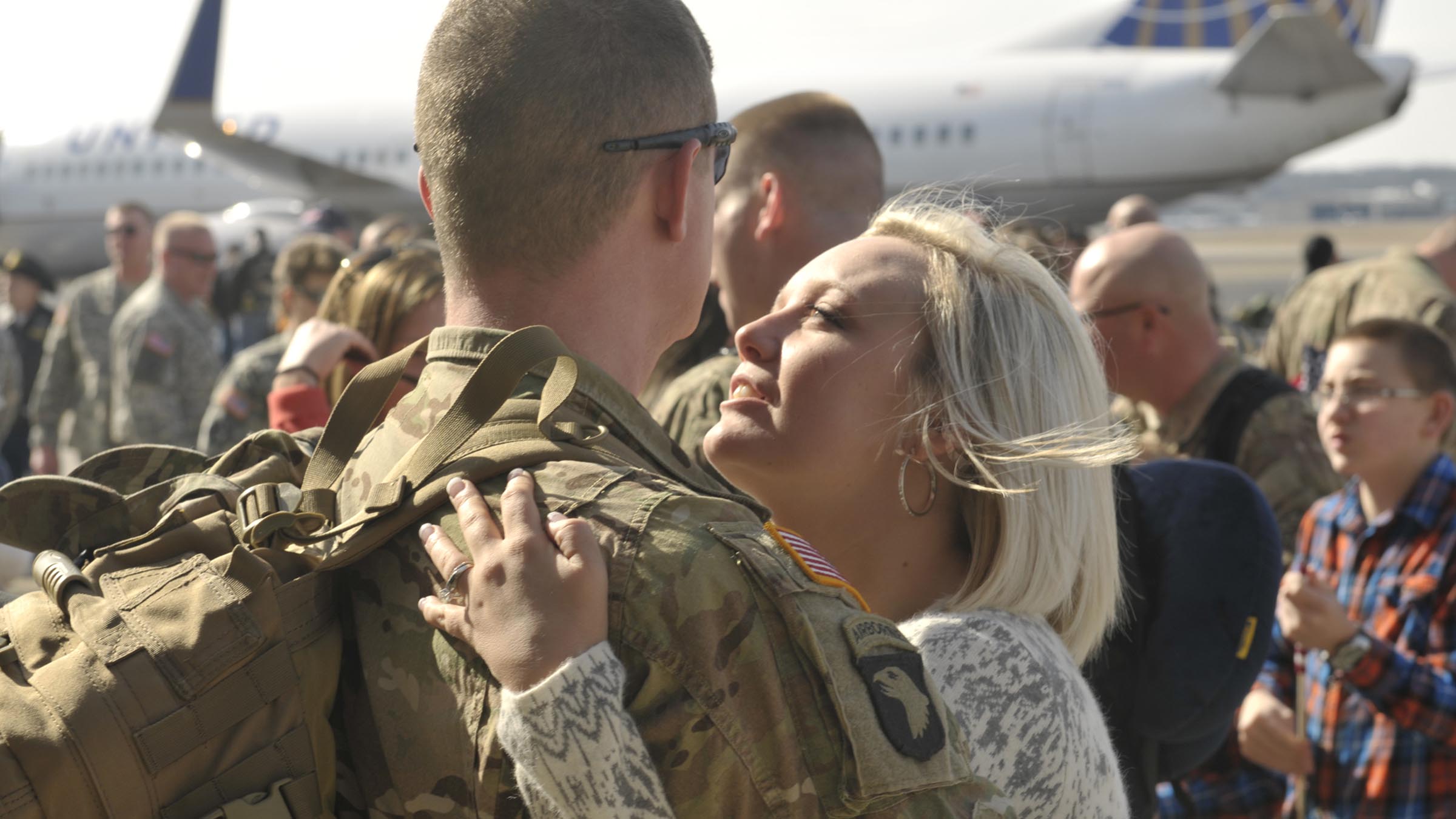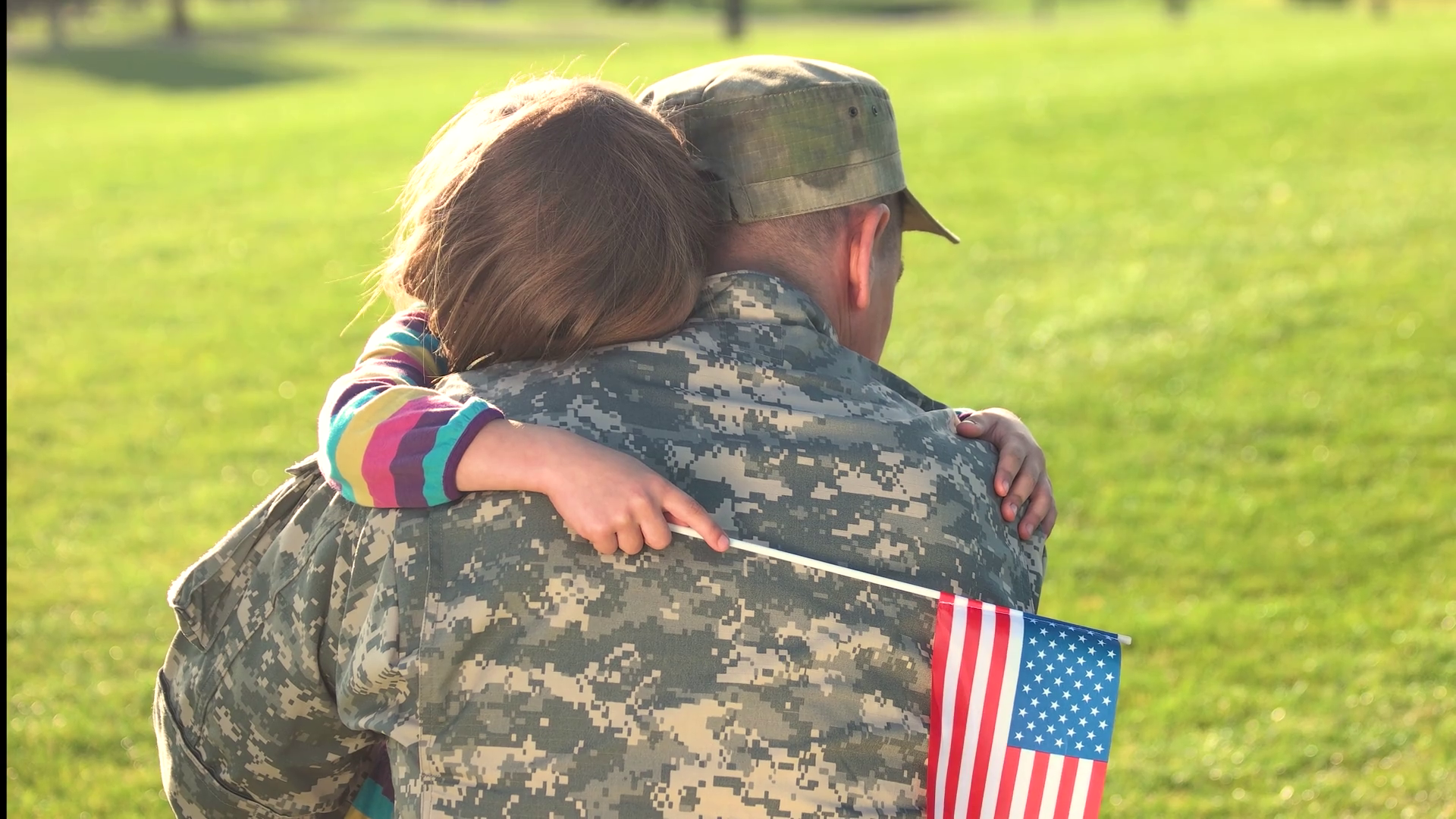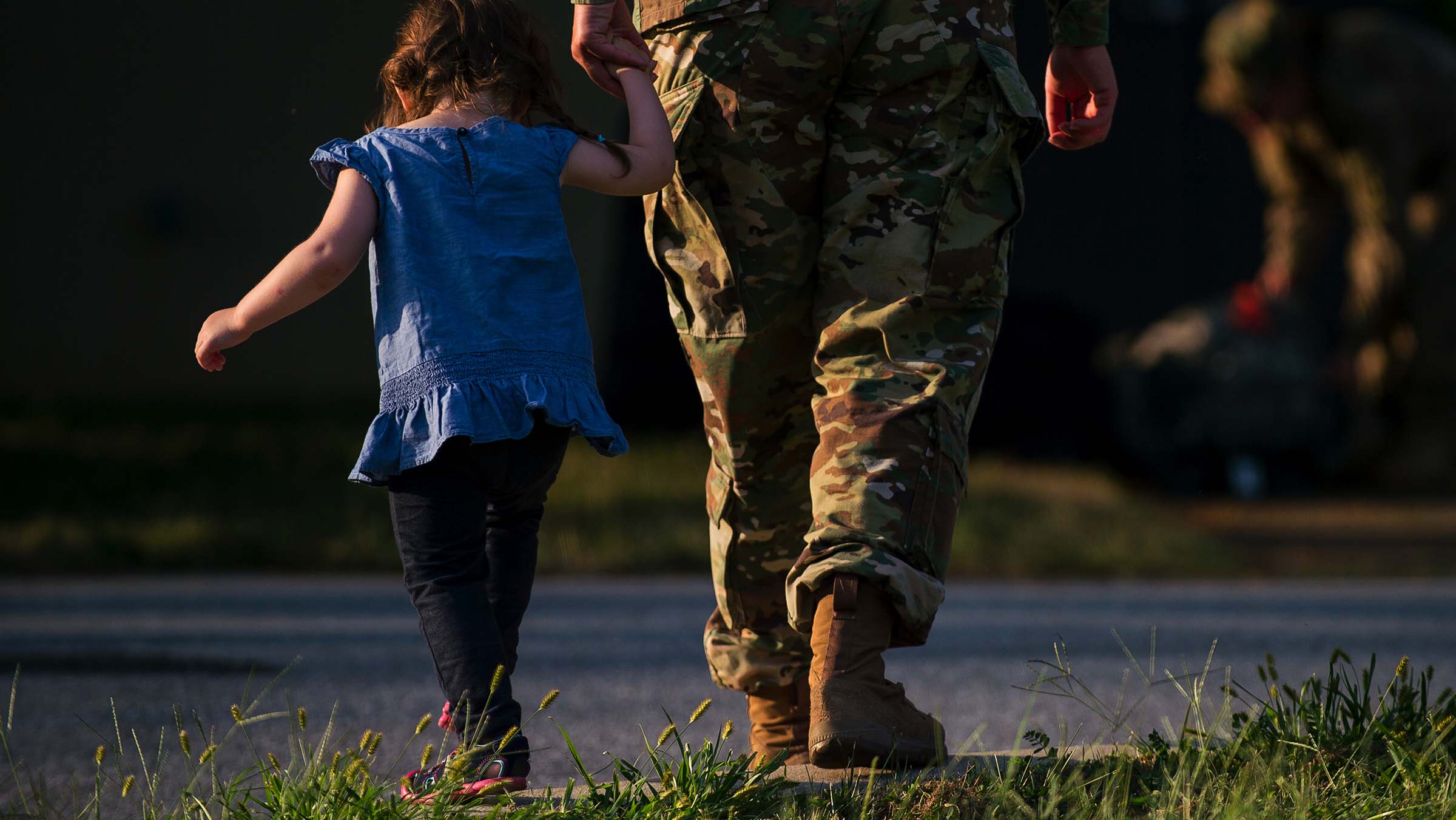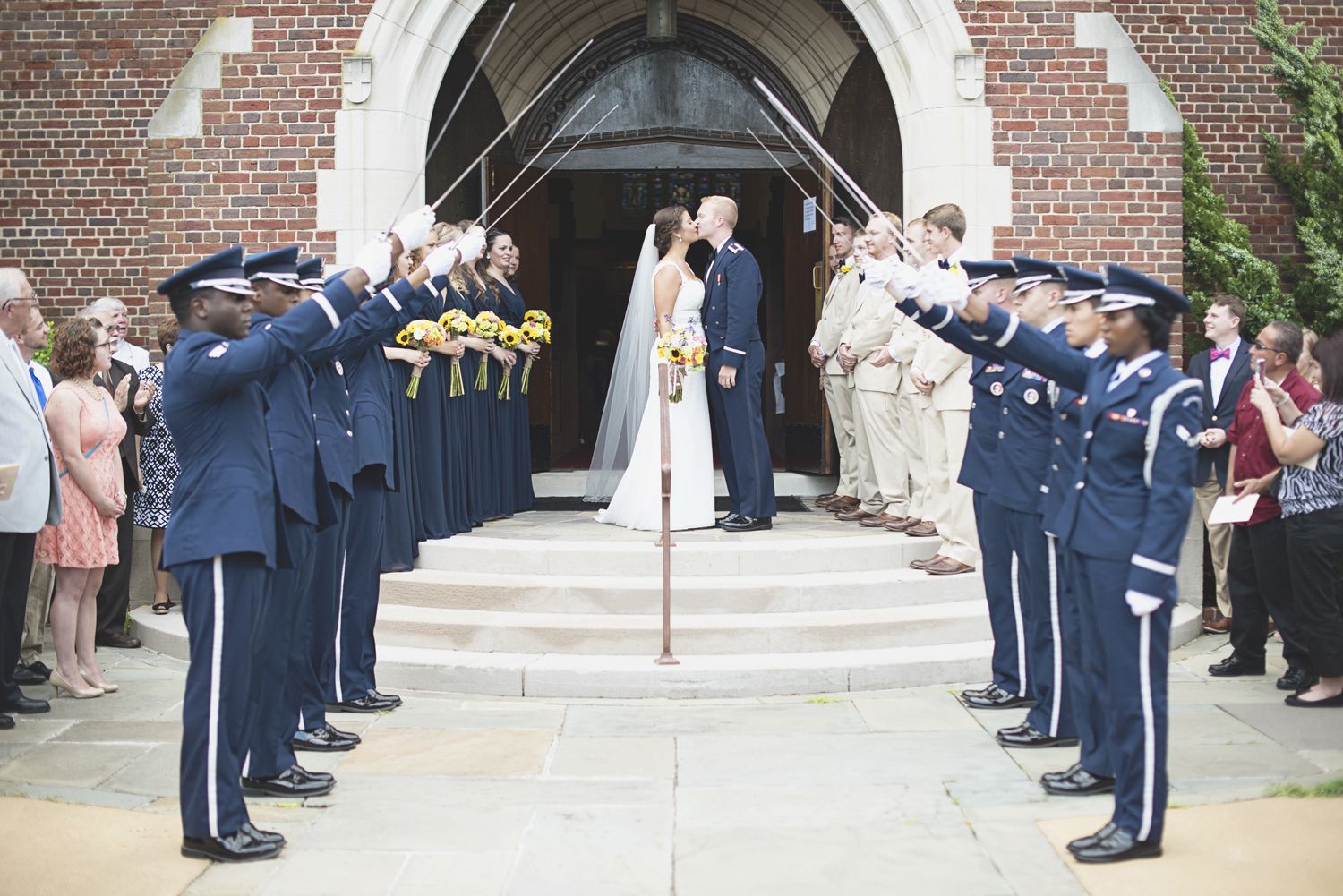
VA: Urgent Care Benefits
Thanks to the passage of the VA Mission Act of 2018, veterans who are eligible for VA health care benefits have expanded access to urgent care treatment as an option for minor medical issues. Updates to the program in 2019 allows veterans to access health services via “approved non-VA medical providers” according to the VA…









